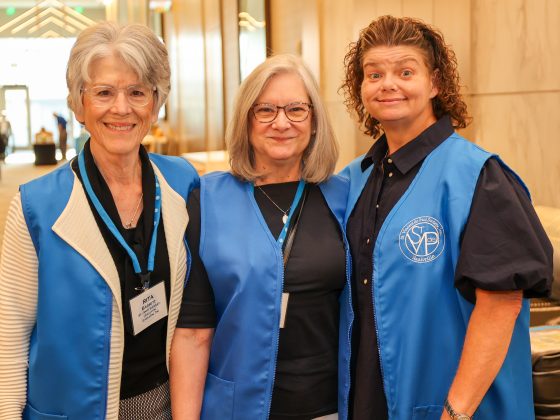“The little Society of St. Vincent de Paul is alive and growing,” wrote Bl. Frédéric, “the extraordinary needs of this winter have reinvigorated the activity of our almsgiving.” [Letter 224, to Lallier, 1840] This was, he said, the way in which they strove to keep the fire of Christian brotherhood burning. But for this seven-year-old Society, “almsgiving” had already expanded to include the kind of works we now describe as “systemic change”.
Frédéric went on to explain that a “great many of our members have volunteered to help young ex-prisoners, and the excellent La Perrière is engaged in establishing preventive assistance.” [Ibid] Not content only to serve the needs of those already hungry and in poverty, the Conference at Lyon was working to help ex-prisoners make their way back into society and setting up other programs to help people avoid poverty in the first place. This only makes sense – as the old saying goes, we fight poverty, not the poor. So why would Vincentians not try to head it off at the pass?
Such approaches do not contradict our mission of person-to-person service, of seeing and serving Christ in the poor whom we visit. On the contrary, it is our home visits that give us the insights necessary to determine what sort of programs are most needed in our own communities. That is why the Rule explains that the “Society should work not only with individuals in need but also with families and communities.” [Rule, Part I, 7.9] Special Works and Systemic Change are, and have always been, the natural outgrowth of the home visit, and the regular practice of the Society. [Manual, p. 5]
Social scientists may do their studies, and offer insights in their publications, but it is as true today as it was in Frédéric’s time that “knowledge of social well-being and of reform is to be learned, not from books, nor from the public platform, but in climbing the stairs to the poor man’s garret, sitting by his bed side, feeling the same cold that pierces him, sharing the secret of his lonely heart and troubled mind.” [Baunard, 279] We are called not to simply drop the groceries at the top of those stairs and walk away, but to gain from our neighbors the knowledge Frédéric described, and put it to use beyond the home visit.
“There is no act of charity that is not accompanied by justice,” St. Vincent wrote, “or that permits us to do more than we reasonably can.” [CCD II:68] Charity and justice go together in our church’s teaching, our Patron’s spirituality, and our founder’s example.
Justice places its demands on each of us and all of us, not just the Society of St. Vincent de Paul. And while justice and charity are inextricably bound together, Vincentians remain especially committed to solve those problems that we understand uniquely through the eyes of our neighbors, always “[making] charity accomplish what justice alone cannot do.” [Letter 136, to Lallier, 1836]
Contemplate
My Conference serves many individual needs. Can I add them up to a wider problem we can address?



